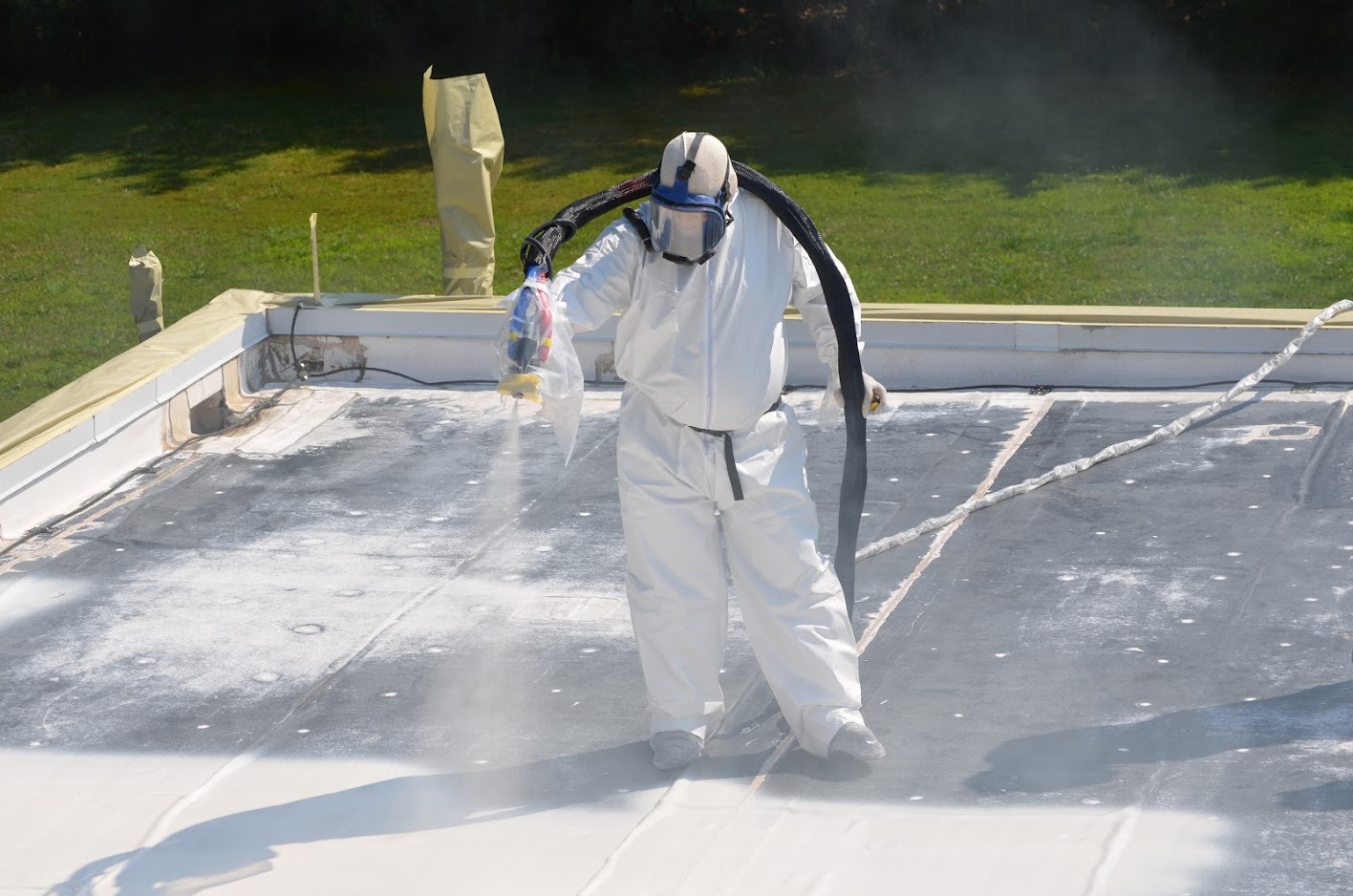Construction chemicals play a critical role in the construction industry, enhancing the properties of materials, improving construction processes, and ensuring the durability and longevity of structures. From enhancing the strength of concrete to providing waterproofing solutions, construction chemicals have revolutionized the way buildings are constructed. Let’s take a closer look at what construction chemicals are and their importance in modern construction.
Construction chemicals are an essential part of modern construction, offering a wide range of functionalities and solutions to various construction challenges. These chemicals are specifically designed to enhance the performance, durability, and efficiency of construction materials and processes. Let’s explore some of the most common types of construction chemicals and their applications.
1. Concrete Admixtures: Concrete admixtures are substances added to concrete during mixing to modify its properties. They can enhance workability, increase strength, improve durability, reduce water content, or provide specific functionalities such as accelerated curing or corrosion protection. Examples of concrete admixtures include plasticizers, superplasticizers, accelerators, retarders, and air entraining agents.
2. Waterproofing Compounds: Waterproofing compounds are used to protect buildings from water infiltration. These chemicals create a barrier that prevents water penetration, helping to avoid moisture-related issues such as mold growth, structural damage, and deterioration. Waterproofing compounds can be applied to foundations, roofs, walls, and basements, providing excellent moisture protection.
3. Surface Treatments and Protective Coatings: Surface treatments and protective coatings are applied to various construction materials to enhance their appearance and protect them from external factors. These chemicals provide resistance against abrasion, chemicals, UV radiation, and weathering, extending the lifespan of materials and improving their aesthetics. Examples include paints, varnishes, anti-corrosion coatings, and anti-graffiti coatings.
4. Adhesives and Sealants: Adhesives and sealants are used to bond or seal different materials together. Adhesives create strong bonds between materials such as tiles, stones, or panels, providing structural stability. Sealants, on the other hand, are used to fill gaps and joints, preventing air or water leakage. Both adhesives and sealants contribute to the integrity and performance of construction projects.
5. Repair and Rehabilitation Chemicals: Repair and rehabilitation chemicals are used to restore and strengthen damaged or deteriorated structures. These chemicals can repair cracks, fill voids, restore integrity, and enhance the durability of existing buildings. Examples include epoxy resins, grouts, and concrete repair mortars.
6. Grouts and Anchoring Systems: Grouts and anchoring systems are used to fill gaps, provide support, and increase stability in construction projects. They can be used for various applications, such as anchoring equipment, repairing concrete structures, or stabilizing soil. Grouts and anchoring systems ensure proper load transfer and structural integrity.
7. Admixtures for Mortars and Plasters: Admixtures for mortars and plasters improve their performance and workability. They can enhance bonding strength, water retention, crack resistance, and adhesion to substrates. These admixtures help achieve high-quality finishes and improve the durability of mortars and plasters.
8. Flooring Chemicals: Flooring chemicals are used to enhance the performance and aesthetics of floor surfaces. They include coatings, sealers, and additives that provide resistance against abrasion, chemicals, and staining. Flooring chemicals also contribute to the ease of maintenance and durability of the floor.
These are just a few examples of the many types of construction chemicals available in the market today. Each type serves a specific purpose and offers unique benefits to construction projects. By utilizing these chemicals, construction professionals can optimize the properties of materials, improve construction processes, and create structures that are durable, efficient, and aesthetically pleasing.
These chemicals improve the quality and performance of construction materials, increasing their strength, durability, and resistance to various environmental factors. They also enhance the construction processes, making them more efficient, cost-effective, and sustainable. By improving the properties of materials and addressing common construction challenges, construction chemicals help create safer, more resilient, and aesthetically pleasing structures.
In conclusion, construction chemicals are indispensable in the modern construction industry. They provide solutions to various construction challenges, enhance the properties of materials, and improve construction processes. From concrete admixtures to waterproofing compounds and adhesives, construction chemicals play a crucial role in ensuring the durability, performance, and aesthetics of structures. By utilizing these chemicals, construction professionals can create high-quality buildings that stand the test of time.

